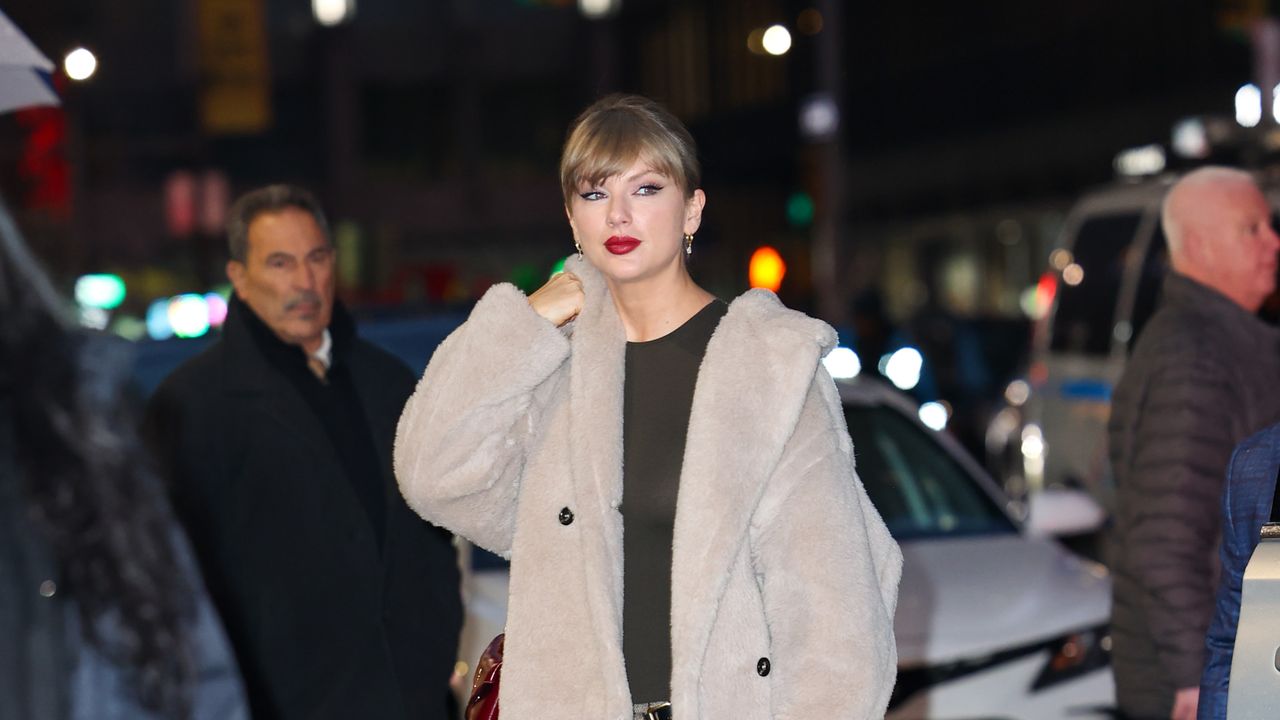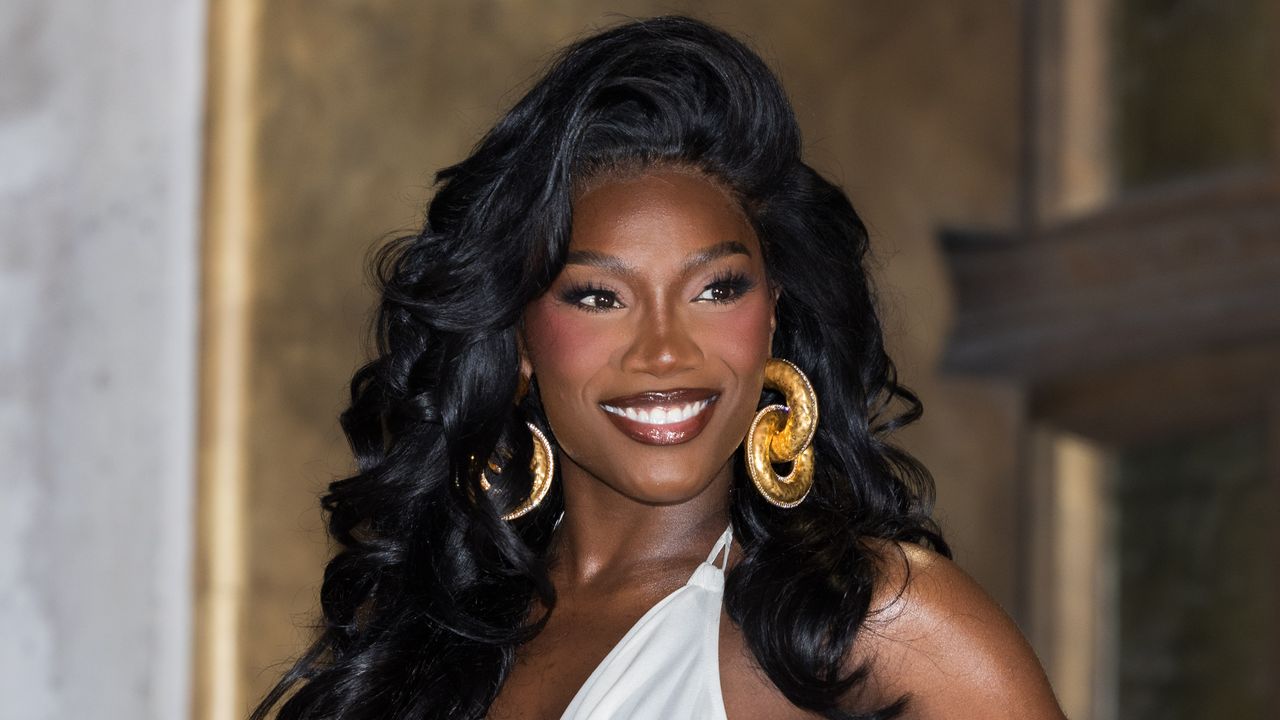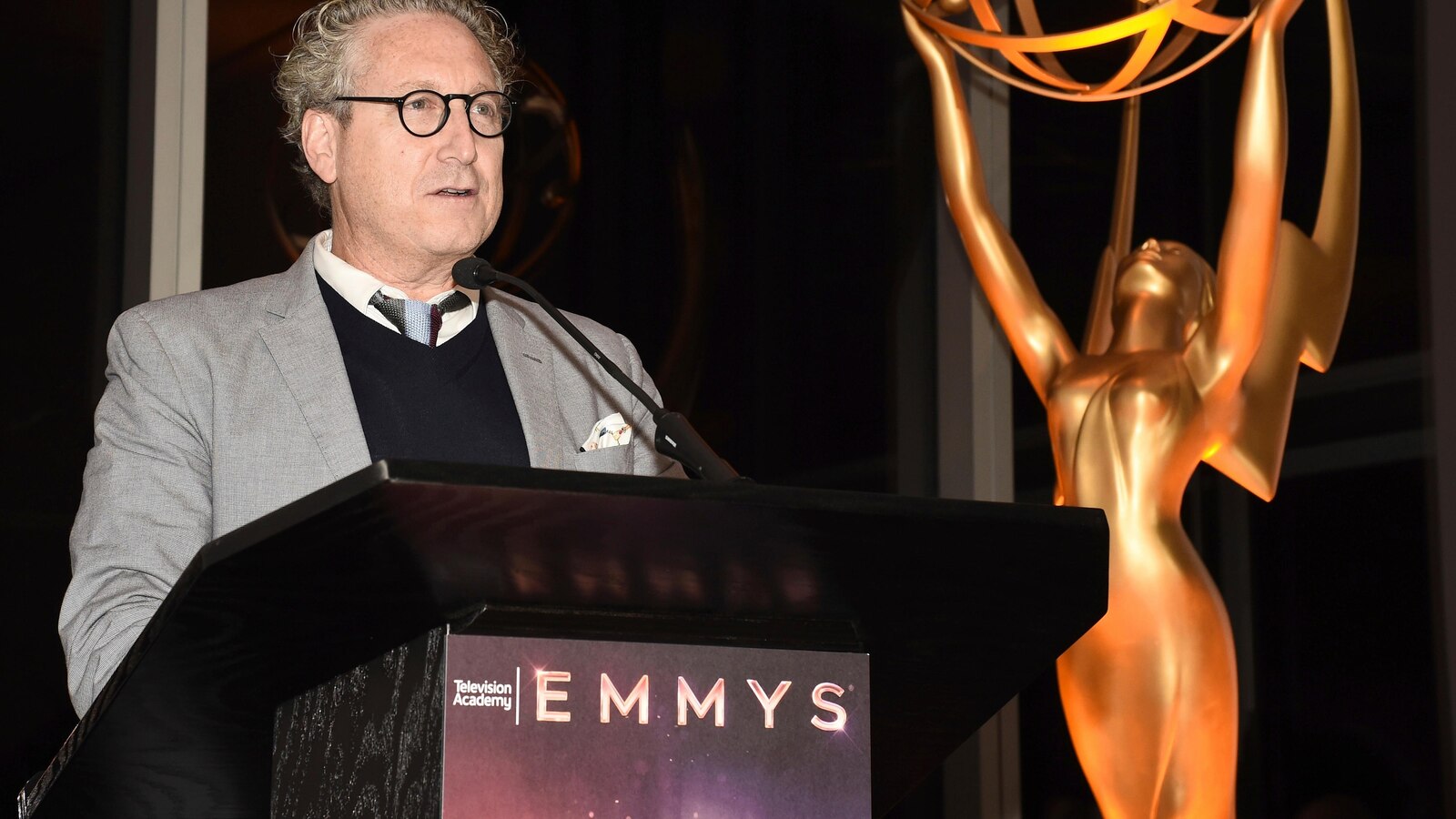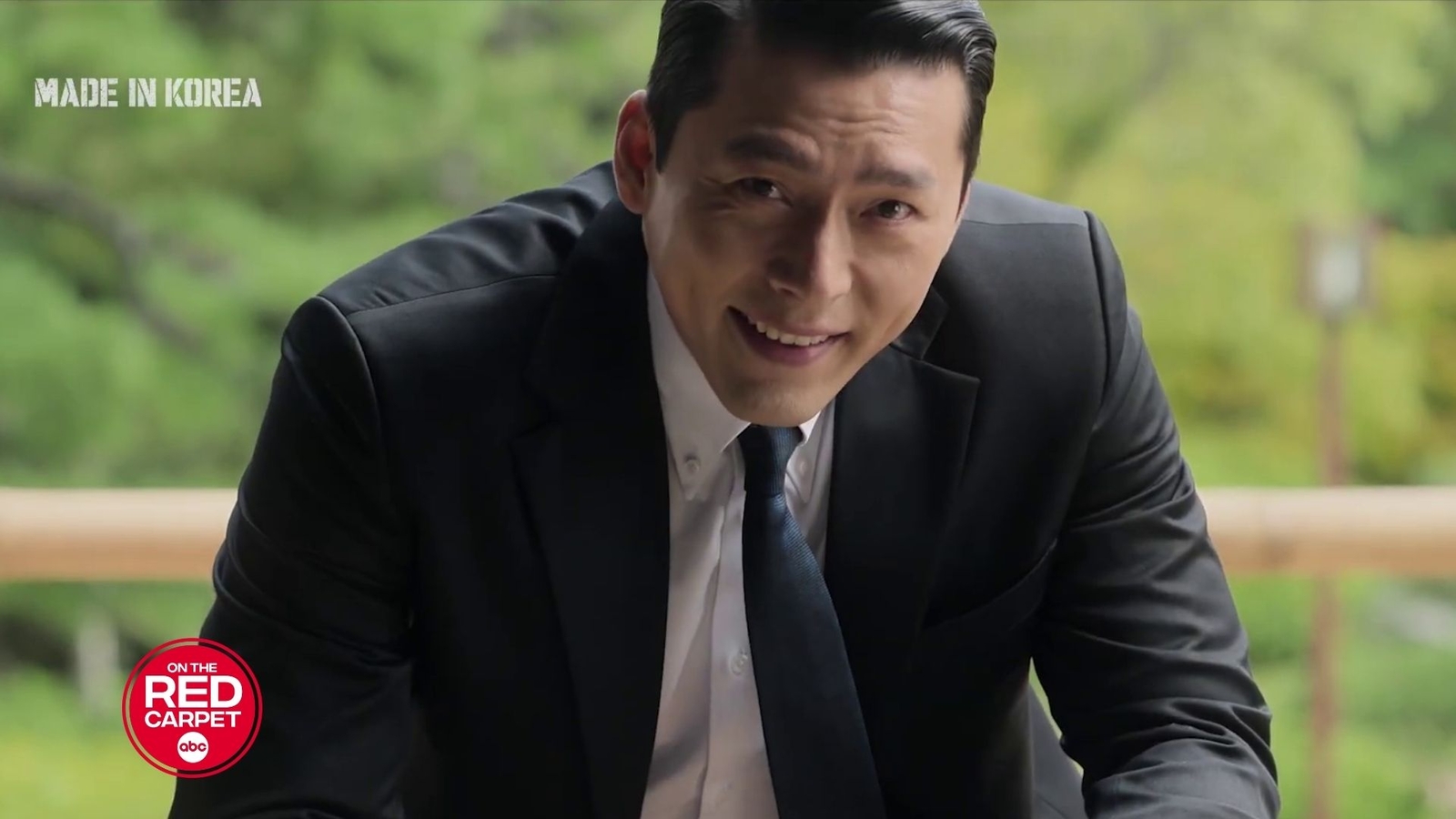Winter? Taylor Swift doesn’t know her.
On Wednesday, the singer arrived at The Late Show with Stephen Colbert in a classic TS outfit: a dove gray Max Mara teddy bear coat with a black shirt, a low-slung brown checked Miu Miu miniskirt (complete…

Winter? Taylor Swift doesn’t know her.
On Wednesday, the singer arrived at The Late Show with Stephen Colbert in a classic TS outfit: a dove gray Max Mara teddy bear coat with a black shirt, a low-slung brown checked Miu Miu miniskirt (complete…

In Memoriam
This week, we honor a sculptor of buildings, a photographer of the absurd, and the “Chekhov of Trenton.”

For Oquendo, two blushes he’s loved using this year include the e.l.f. Cosmetics Cheek Stain and Estée Lauder Futurist Blushmaker Dewy Cheek Tint Liquid Blush. With the e.l.f. Stains, he loves to underpaint with them to give a natural-looking…

In his recent book The Future of Revolution: Communist Prospects from the Paris Commune to the George Floyd Uprising, Jasper Bernes laments that a lot “of self-organization during our own period … often takes place without any revolutionary…

NEW YORK — Behind the Wizard of Oz in the two-part “Wicked” movies were people actually pulling the strings. They set the table for the hit double-punch movies long before the cameras ever rolled out: The casting directors, helped pick who…

SAO PAULO — Brazilian authorities said Wednesday that one of the two suspects behind a brazen daylight robbery over the weekend in Sao Paulo remained at large following a heist that included eight works by French artist Henri Matisse.
The other…

If you purchase an independently reviewed product or service through a link on our website, The Hollywood Reporter may receive an affiliate commission.
Following South Park‘s abrupt transition from season 27 to 28, it’s come time once…

…

The fight between Paramount and Netflix over Warner Bros. Discovery is ultimately about who gets to control HBO and the Warner movie studio.
But the way that fight gets settled is going to involve an unusual side…

LOS ANGELES — Grab your popcorn because a new crime thriller is on the way, set in the high-stakes political underworld of 1970s Korea.
“Made in Korea” follows Baek Kitae, a sharp and ambitious KCIA agent living a dangerous double life -…